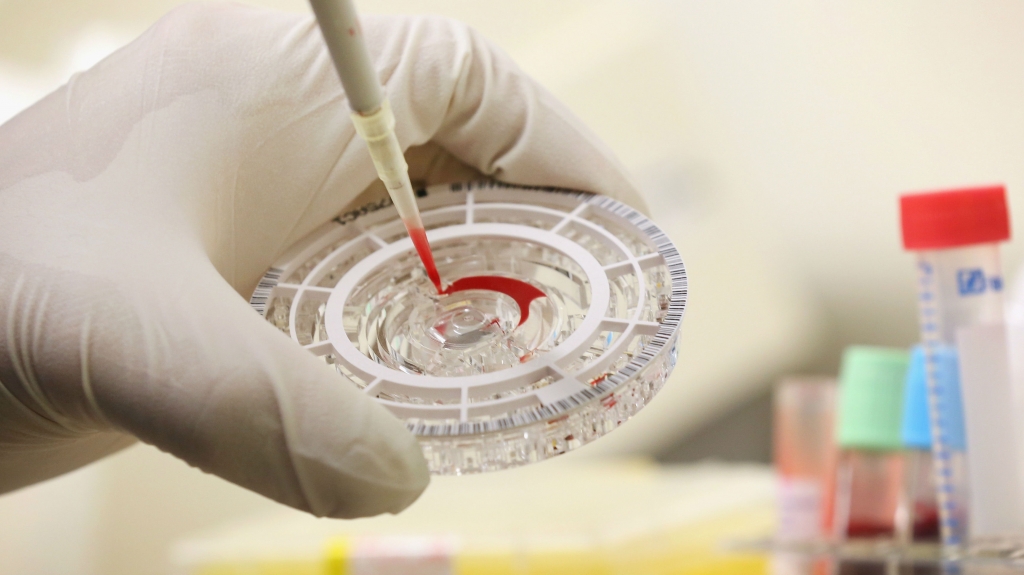-
Tips for becoming a good boxer - November 6, 2020
-
7 expert tips for making your hens night a memorable one - November 6, 2020
-
5 reasons to host your Christmas party on a cruise boat - November 6, 2020
-
What to do when you’re charged with a crime - November 6, 2020
-
Should you get one or multiple dogs? Here’s all you need to know - November 3, 2020
-
A Guide: How to Build Your Very Own Magic Mirror - February 14, 2019
-
Our Top Inspirational Baseball Stars - November 24, 2018
-
Five Tech Tools That Will Help You Turn Your Blog into a Business - November 24, 2018
-
How to Indulge on Vacation without Expanding Your Waist - November 9, 2018
-
5 Strategies for Businesses to Appeal to Today’s Increasingly Mobile-Crazed Customers - November 9, 2018
Hormone therapy for prostate cancer tied to possible Alzheimer’s risk
It was tedious work, but the outcome was dramatic for the research team led by Dr. Kevin Nead, of the University of Pennsylvania.
Advertisement
Men taking testosterone-blocking drugs to treat prostate cancer have almost twice the risk of developing Alzheimer’s disease as those using other treatments, according to an analysis of electronic medical records published Monday. The authors noted that although men who undergo hormone therapy are more likely be older and sicker than those who undergo surgery or radiation, they did take such factors into account.
“This study doesn’t definitively tell us that these drugs cause Alzheimer’s disease”, explains Dr. Otis Brawley, of the American Cancer Society. Prostate cancer patients who were not treated with the hormone suppression therapy had overall lower rates of Alzheimer’s diagnosis in the same time frame.
“The benefits of continuing treatment far outweigh this theoretical risk based on this retrospective study”, he said.
The new study found that the therapy increased the rate of Alzheimer’s in the patients by 1.88 times within a median of 2.7 years after treatment. Studies have found associations between low androgen levels (chiefly low testosterone levels) and impotence, obesity, diabetes, high blood pressure, heart disease, and depression.
Prostate cancer is the biggest cancer killer in men, after lung cancer, with 240,000 men being diagnosed with the disease every year in US.
Previous studies have linked low testosterone to cognitive deficits, and men with Alzheimer’s tend to have lower testosterone levels compared to men of the same age.
At the end of the day, the National Cancer Institute indicates: “Whether hormone therapy prolongs the survival of men who have been newly diagnosed with advanced disease but do not yet have symptoms is not clear”.
Prostate cancer, though treatable, could portend worse things for a patient.
How low testosterone would lead to increased Alzheimer’s risk isn’t precisely known, but there is some evidence that testosterone has a general protective effect on brain cells, so that lowering testosterone would leave the brain less able to resist the processes leading to Alzheimer’s dementia.
Advertisement
Studies in mice and in humans also have suggested that lower testosterone levels may allow greater production of the Alzheimer’s protein amyloid beta.





























